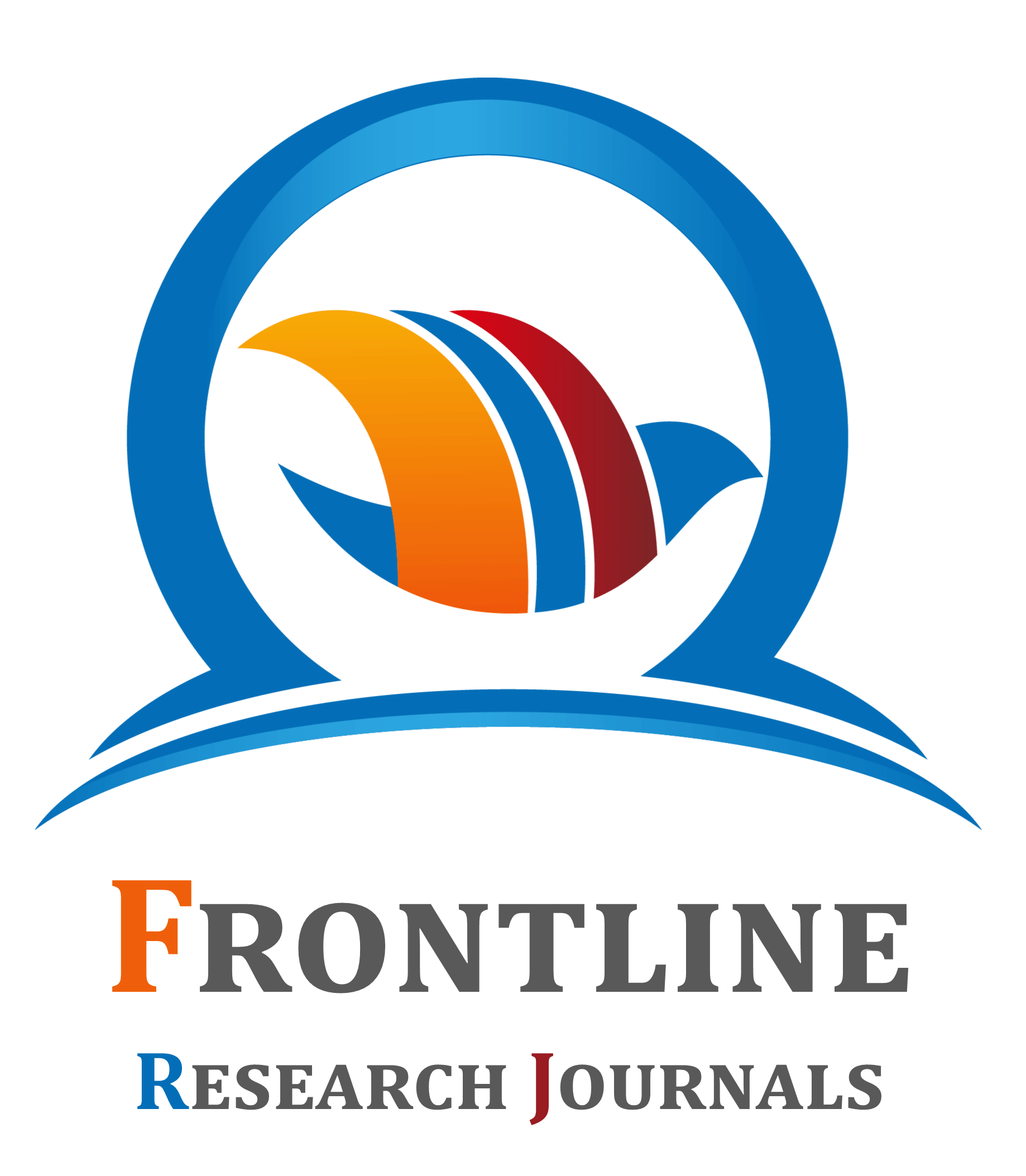Developing a regulatory model for product quality assurance in Nigeria’s local industries
1 Imo State Internal Revenue Service, Nigeria.
2 Zenith General Insurance Company Limited, Nigeria.
3 The Velvet Expression, Lagos, Nigeria.
4 Independent Researcher, Lagos, Nigeria.
5 Zenith Bank Nigeria.
Review
International Journal of Frontline Research in Multidisciplinary Studies, 2022, 01(02), 054–069.
Article DOI: 10.56355/ijfrms.2022.1.2.0055
Publication history:
Received on 22 September 2022; revised on 13 November 2022; accepted on 16 November 2022
Abstract:
This paper presents a comprehensive regulatory model for enhancing product quality assurance within Nigeria's local industries. As Nigeria's industrial sector continues to expand, the need for robust quality assurance mechanisms has become increasingly critical. Current challenges include inconsistent quality standards, inadequate enforcement of regulations, and limited industry compliance, which undermine product reliability and consumer trust. This study proposes a regulatory framework designed to address these issues by integrating international best practices with localized strategies. The proposed model emphasizes three core components: regulatory standards, enforcement mechanisms, and industry collaboration. First, the model advocates for the establishment of clear, standardized quality benchmarks tailored to the unique needs of local industries. By adopting globally recognized standards and adapting them to local contexts, the model aims to enhance the consistency and reliability of products manufactured in Nigeria. Second, the model outlines a multi-tiered enforcement strategy, including regular inspections, certification processes, and penalties for non-compliance. It suggests leveraging technological advancements, such as digital tracking systems and automated quality checks, to improve monitoring efficiency and reduce the potential for corruption. Third, the model highlights the importance of fostering collaboration between regulatory bodies, industry stakeholders, and consumer organizations. By promoting dialogue and cooperation, the model seeks to create a supportive ecosystem where best practices are shared, and feedback mechanisms are established to continuously refine quality standards. The regulatory model presented herein is designed to be dynamic and adaptable, capable of evolving in response to emerging industry trends and technological advancements. It aims to not only address current quality assurance challenges but also to set a foundation for sustained industrial growth and consumer protection. By implementing this model, Nigeria's local industries can achieve higher standards of product quality, enhance consumer confidence, and contribute to the broader goal of economic development.
Keywords:
Regulatory model; Product quality assurance; Nigeria; Local industries; Quality standards; Enforcement mechanisms; Industry collaboration
Full text article in PDF:
Copyright information:
Copyright © 2022 Author(s) retain the copyright of this article. This article is published under the terms of the Creative Commons Attribution Liscense 4.0
